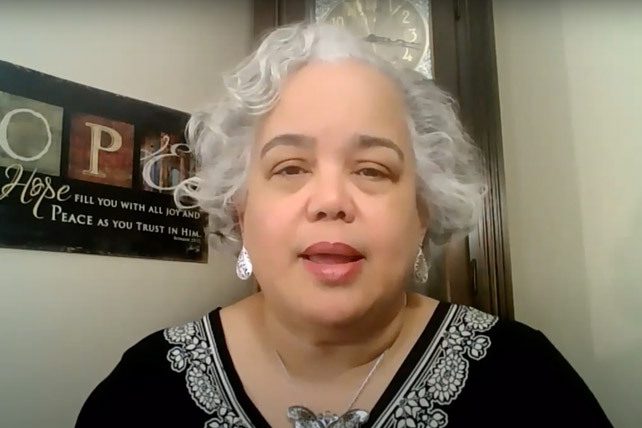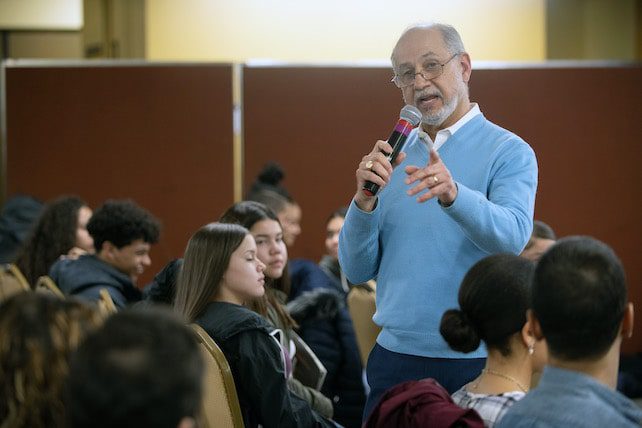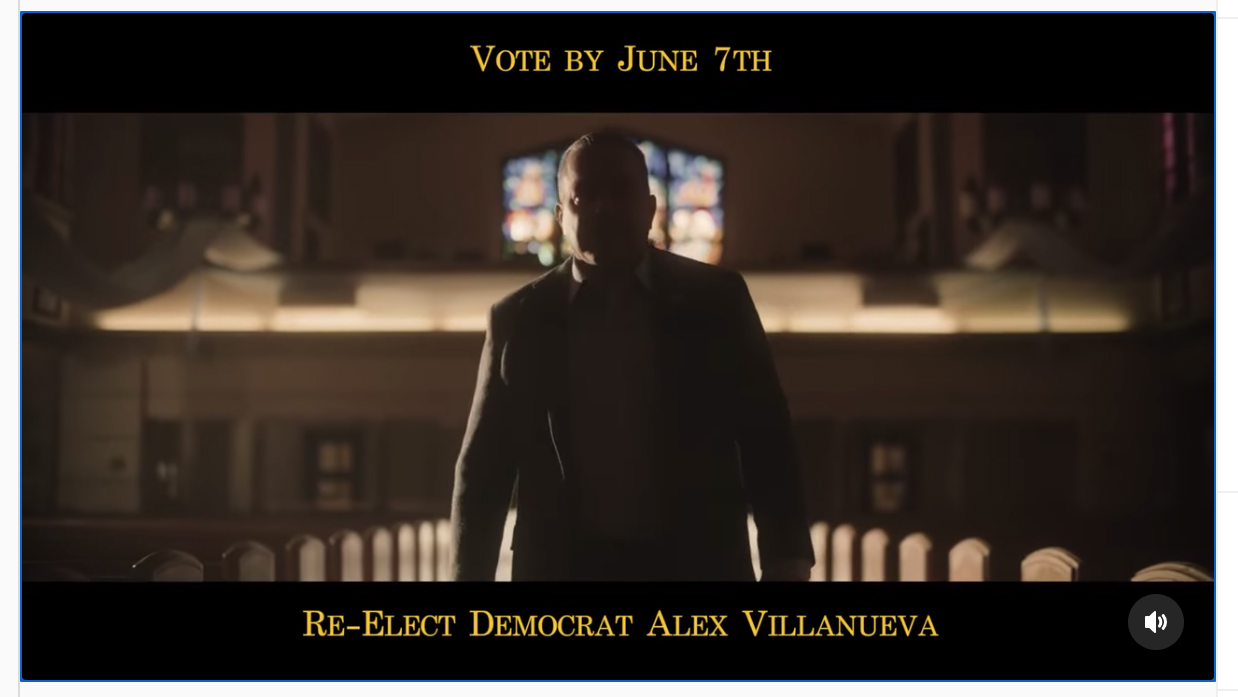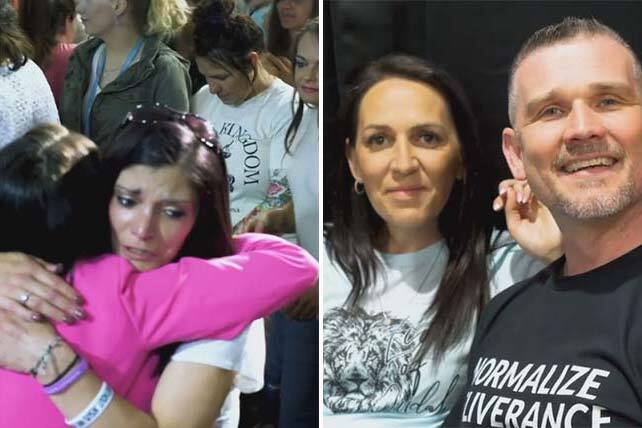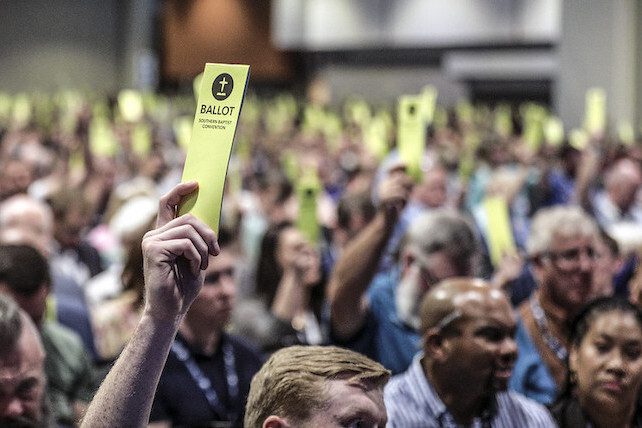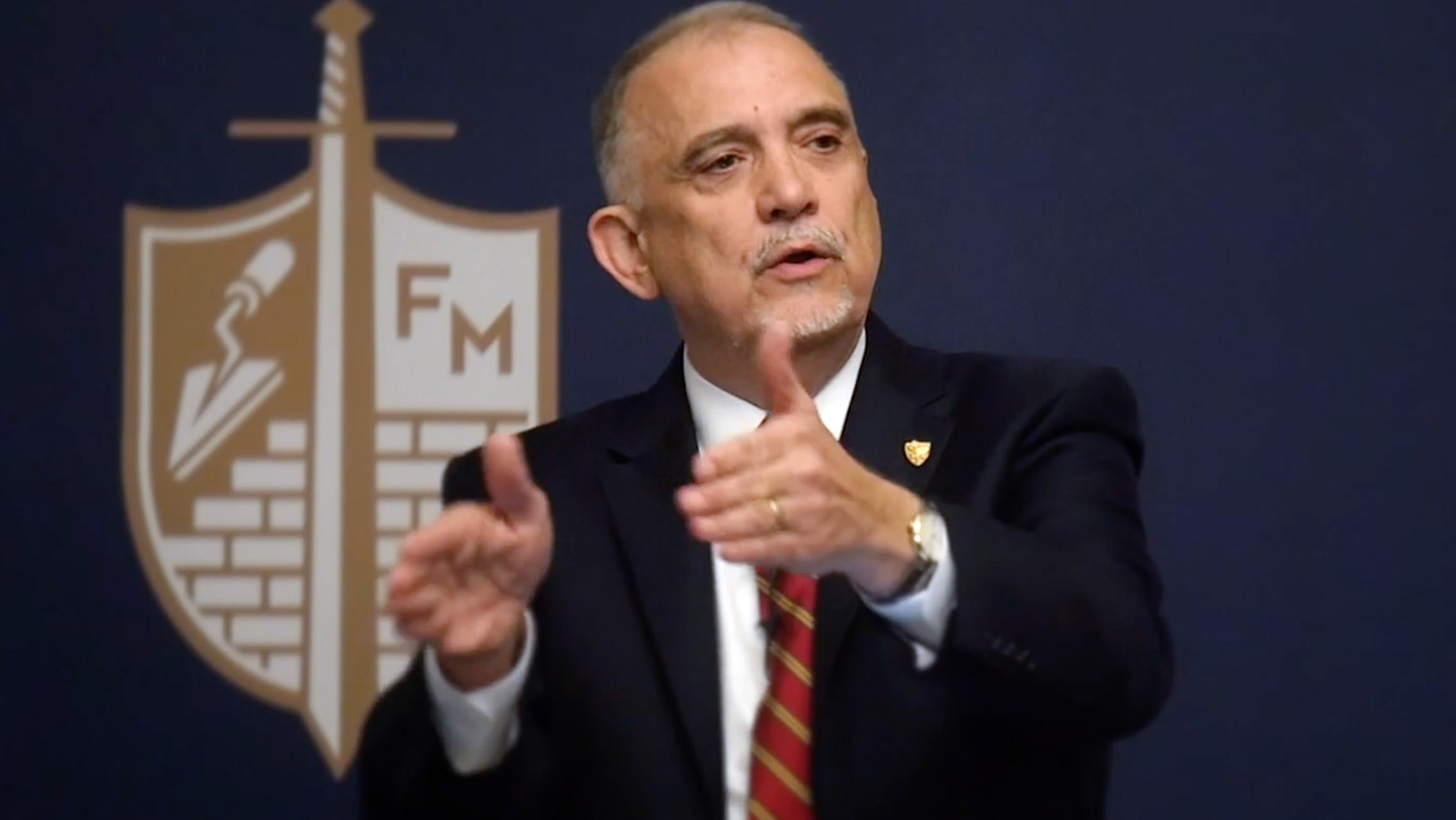Family, friends, and congregants are mourning the tragic death of the Rev. Marita Harrell, a 57-year-old senior pastor at Atlanta’s Connections at Metropolitan United Methodist Church. Christopher Griggs, 27, has been charged with murder and arson. Arrest warrants indicate the suspect allegedly stabbed and burned Harrell on May 18, then left her body on a roadside.
According to DeKalb County police, Pastor Harrell was mentoring and counseling Griggs at his home, where the alleged murder occurred. Griggs, who has a criminal record, is being held in jail without bond.
Marita Harrell Was a ‘Shining Light’
Colleagues say they’re shocked and devastated by Harrell’s murder but not surprised she was ministering to someone to the very end. The Rev. Michael McQueen, the UMC’s local district superintendent, says, “She was passionate about what she did, which was helping those who are lost and left out. She was doing what she loved to do. That’s what makes this so tragic.”
Of Harrell’s death, longtime friend Vincente Scott says, “At a spiritual level you’re asking ‘God, Why? What? Why her? She was doing your work,’” He adds, “If you knew her, she was offering advice, offering encouragement. The world has missed a great contributor to the civilizing process. If anything else, Marita was about improving individuals and improving society.”
On Facebook, Connections at Metropolitan encourages people to “Spread kindness in her memory!”
In a statement, Bishop Sue Haupert-Johnson of the UMC’s North Georgia Conference calls Harrell “a friend and a shining light among us.” She adds, “I am grateful that the Lord she represented so well was with her in all things and accompanied her to her eternal home. May His Spirit comfort those of us who remain.”
Marita Harrell Answered a Midlife Call to Ministry
Harrell, a lifelong Methodist, worked at the Atlanta Journal-Constitution newspaper for 22 years before obtaining a Master of Divinity degree in 2014. Before coming to Connections in July 2020, she served in several other UMC churches and organizations. McQueen describes the pastor as “strong, smart, and just tremendously loved by all of her peers.”
The Rev. Christopher Szarke, who befriended Harrell at Emory University’s Candler School of Theology, recalls her “immense compassion” and dedication to her family and studies. “She was very engaged in her classes,” he says, “always wanting to learn the deeper truth and to listen to viewpoints beyond her own.”

